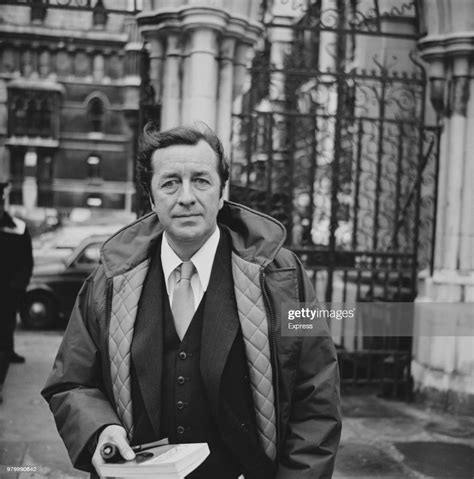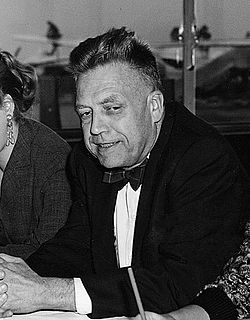A Quote by Frederic Bastiat
The law can be an instrument of equalization only as it takes from some persons and gives to other persons. When the law does this, it is an instrument of plunder.
Related Quotes
But how is this legal plunder to be identified? Quite simply. See if the law takes from some persons what belongs to them and gives it to other persons to whom it does not belong. See if the law benefits one citizen at the expense of another by doing what the citizen himself cannot do without committing a crime.
The mission of the law is not to oppress persons and plunder them of their property, even though the law may be acting in a philanthropic spirit. Its purpose is to protect persons and property.... If you exceed this proper limit -- if you attempt to make the law religious, fraternal, equalizing, philanthropic, industrial, or artistic -- you will then be lost in uncharted territory, in vagueness and uncertainty, in a forced utopia or, even worse, in a multitude of utopias, each striving to seize the law and impose it on you.
In fact, if law were restricted to protecting all persons, all liberties, and all properties; if law were nothing more than the organized combination of the individual's right to self-defense; if law were the obstacle, the check, the punisher of all oppression and plunder - is it likely that we citizens would then argue much about the extent of the franchise?
A bird is an instrument working according to mathematical law, which instrument it is within the capacity of man to reproduce with all its movements, but not with a corresponding degree of strength, though it is deficient only in the power of maintaining equilibrium. We may therefore say that such an instrument constructed by man is lacking in nothing except the life of the bird, and this life must needs be supplied from that of man.
It is ordinarily said that criminal law is designed to protect property and to protect persons, and if society's only interest in controlling sex behavior were to protect persons, then the criminal codes concerned with assault and battery should provide adequate protection. The fact that there is a body of sex laws which is apart from the laws protecting persons is evidence of their distinct function, namely that of protecting custom.
Now since man is naturally inclined to avoid pain - and since labor is pain in itself - it follows that men will resort to plunder whenever plunder is easier than work. History shows this quite clearly. And under these conditions, neither religion nor morality can stop it. When, then, does plunder stop? It stops when it becomes more painful and more dangerous than labor. It is evident, then, that the proper purpose of law is to use the power of its collective force to stop this fatal tendency to plunder instead of to work. All the measures of the law should protect property and punish plunder.
There has been no clearer principle of English or American constitutional law than that, in criminal cases, it is not only the power and duty of juries to judge what are the facts, what is the law, and what is the moral intent of the accused; but that it is also their power, and their primary and paramount duty, to judge the justice of the law, and to hold all laws invalid, that are, in their opinion, unjust or oppressive, and find all persons guiltless in violating, or resisting the execution of, such laws.






























